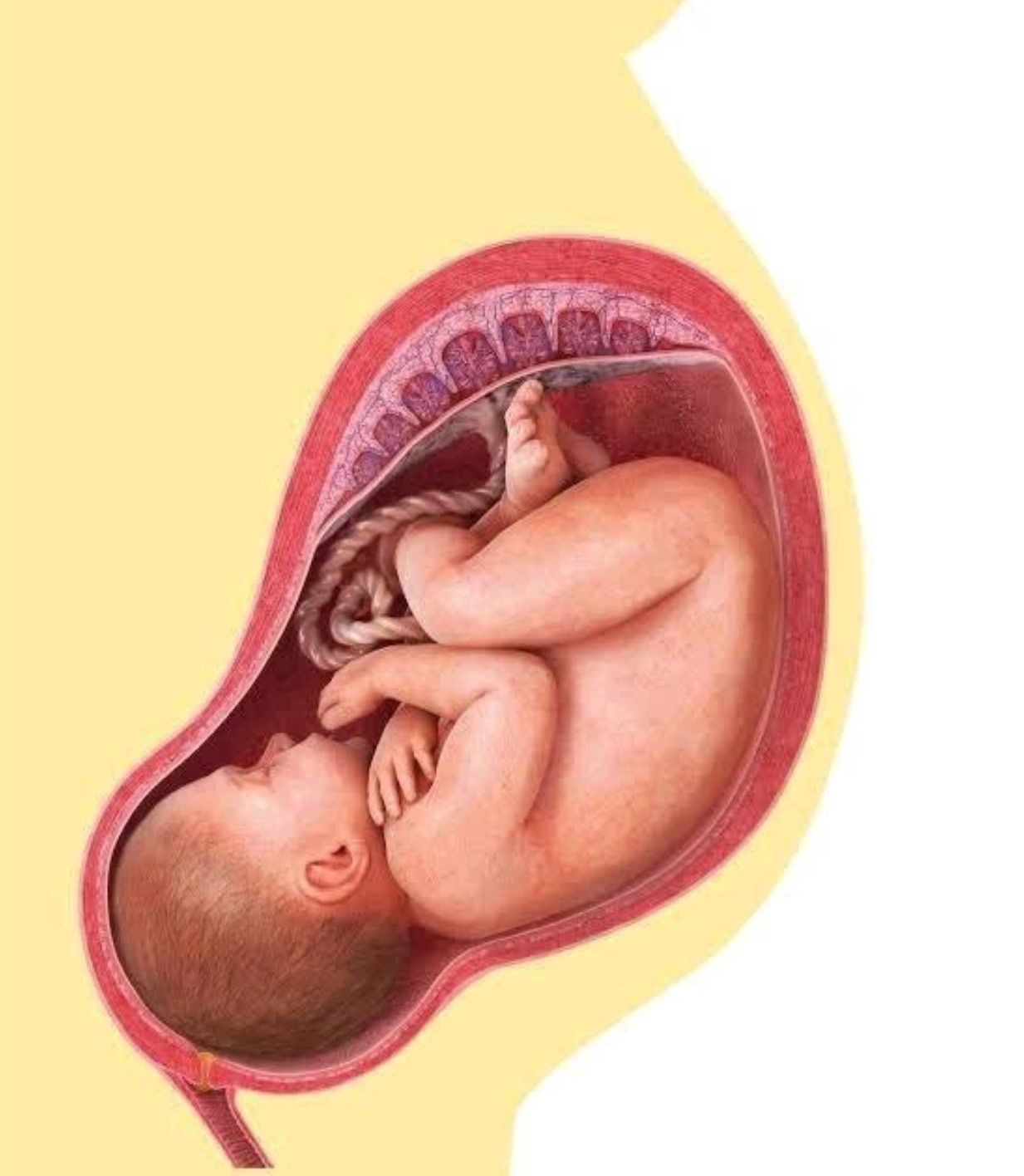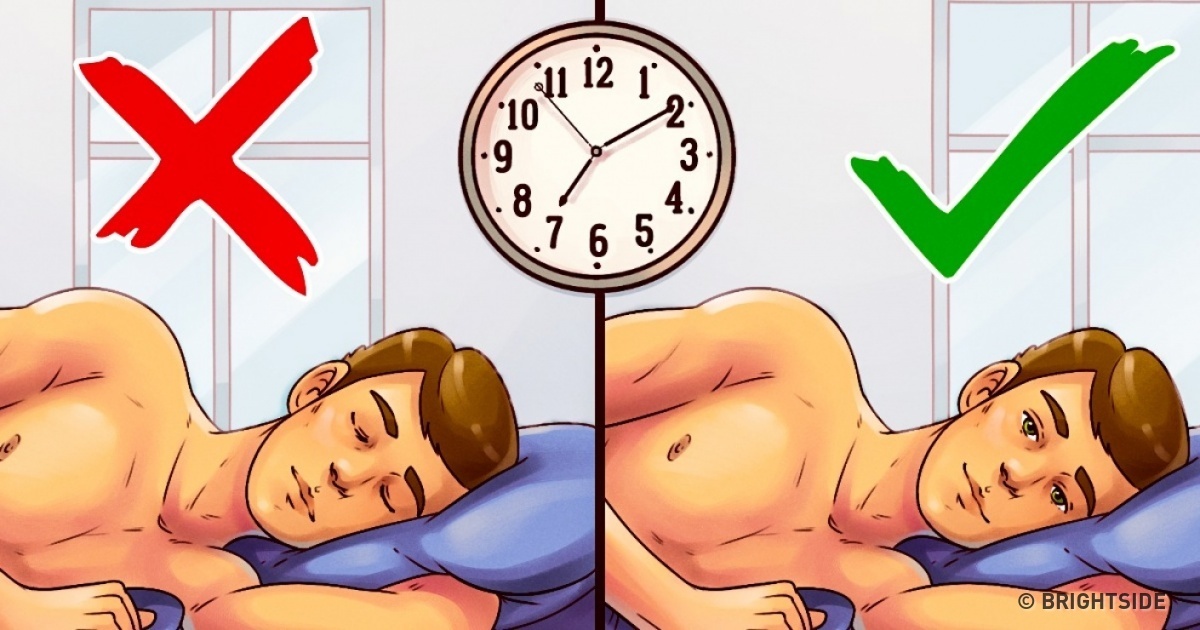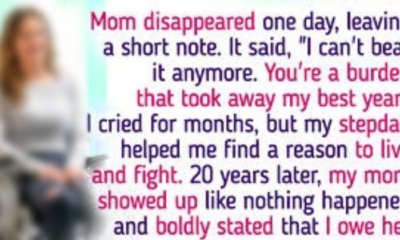Dying in your sleep might seem like a peaceful way to go, but if you’ve still got a lot of life left to live, it can be helpful to understand the main causes of sudden nocturnal death and things you can do to prevent it.
Please note that if you, or someone you know are in crisis, you can text or call 988 (the number for the Suicide & Crisis lifeline1). The line provides 24-hour confidential support to anyone in suicidal crisis or emotional distress…Click Here To Continue Reading>> …Click Here To Continue Reading>>
It’s important to note that whether your interest in the topic stems from genuine curiosity or you’re worried that you might be at risk, all of the prevention measures are things you can do in the daytime. Once it’s time for bed, the best thing you can do is hit the pillow without worrying.
1. Sudden Cardiac Arrest and Other Heart Problems
Heart problems, including sudden cardiac arrest, account for a large percentage of the instances of sudden death while people are asleep. It is estimated that 15-20% of all deaths worldwide2 are attributable to sudden cardiac death. Moreover, around 22% of sudden cardiac deaths3 are estimated to occur at night.
Heart issues that could cause sudden death at night include:
- Heart attacks
- Cardiac arrhythmia, including ventricular tachycardia (heart beats too quickly) and ventricular bradycardia (heart beats too slowly)
- Sudden cardiac arrest
All of these conditions are more likely to occur if you have coronary artery disease, high blood pressure, heart failure, or have suffered a heart attack in the past. Several bodybuilders suffered heart attacks at night, possibly because of the effects of substances they were taking coupled with dehydration.
2. Stroke
Stoke is another leading cause of dying in your sleep. When you have a stroke, a blood clot blocks the flow of blood to the brain, leading to brain cell death. According to the UK Stroke Association, 1 in 7 strokes occur during sleep4.
Strokes can happen to anyone. However, your risk may be higher if you:
- Have high blood pressure
- Have high cholesterol
- Have diabetes
- Have untreated sleep apnea
- Have too little or poor quality sleep
- Catch yourself nodding off during the day
- Sleep for more than one hour during the day (as an adult)
- Are dehydrated
3. Obstructive Sleep Apnea
Obstructive sleep apnea is a risk factor on its own, in addition to increasing the risk of death from a heart event. People with obstructive sleep apnea stop breathing anywhere from 5 to 30 or more times per hour5 while they sleep, and are more than 2.5 times more likely6 than the general population to suffer sudden cardiac death between 12 a.m. and 6 a.m.
When left untreated, sleep apnea increases the risk of7 heart failure, stroke, coronary heart disease, and heart arrhythmias. According to the National Commission on Sleep Disorders Research, more than 38,000 people8 die from heart disease that’s complicated by sleep apnea in the United States each year.
Other Causes of Dying in Your Sleep
Heart problems, strokes, and sleep apnea are three of the top causes of dying in your sleep. However, there are several other reasons why someone mightn’t wake up.
4. Lung Problems
Lung problems, including chronic obstructive pulmonary disease and congenital central hypoventilation, can cause people to lose too much oxygen and die in their sleep. READ FULL STORY HERE>>>CLICK HERE TO CONTINUE READING>>>
5. Seizures
People who have seizures in their sleep may die suddenly from low blood oxygen levels or serious injuries.
6. Sleep Disorders
People who sleepwalk or have REM sleep behavior disorder can injure themselves accidentally or even walk out of a window while sleeping, causing death.
7. Sedative Overdose
People who accidentally overdose on sedatives can fall asleep and never wake up.
8. Narcotic Medication Use
Narcotics can cause respiratory depression, which can lead to respiratory arrest and cardiac arrest if left untreated.
9. Choking in Your Sleep
It’s possible to choke yourself to death while you sleep, especially after a seizure, after vomiting due to heavy drinking, or when sleeping with food or a throat lozenge in your mouth.
10. Suffocation
Babies under one year old can suffocate on pillows or bedding in their sleep, or can experience sudden cardiac death from respiratory or brain-related causes. Sudden infant death syndrome (SIDS) can’t always be prevented, but adopting safe sleep measures like placing a baby on its back can help.
11. Carbon Monoxide Poisoning
A buildup of carbon monoxide in the air from a fireplace, candles, gas stove, gas heater, vehicle that’s left running, generator, or other sources of fumes can cause you to die in your sleep. According to the Centers for Disease Control, more than 400 people in the U.S. die from accidental carbon monoxide poisoning each year with a peak in deaths in January.
12. Long Sleep Duration
People who sleep for more than 9 hours per night have a higher risk of death from all causes9. Moreover, people who take unplanned naps or nap for more than one hour during the day have a higher risk of acute stroke10.
Researchers in many of the studies on sleep and stroke or death risk are careful to note that it’s not necessarily the long sleep duration that increases your risk, but rather that an underlying medical condition that’s causing you to sleep excessively or take unplanned naps might also be a risk factor for stroke or sudden death.
Assess Your Risk
While sudden death while sleeping can happen even to healthy people, evaluating and addressing any known risk factors can reduce your risk of leaving this world too soon.
- Make moves towards a healthier lifestyle, concentrating on the AHA’s Essential 8: diet, exercise, sleep habits, smoking cessation, body weight, blood pressure, blood cholesterol, and blood sugar.
- Keep alcohol consumption moderate, especially before going to sleep.
- Stay hydrated and include enough electrolytes in your diet.
- Install a carbon monoxide alarm with a battery backup and test it regularly. Put out candles and fires, turn off heaters, and open a window before going to sleep.
- If you have a sleep disorder, go for an evaluation and have the sleep disorder treated. Even something as simple as snoring or sleeping for more than 9 hours regularly could be a sign of a problem.
- Manage heart disease by leading a healthy lifestyle and taking medications as prescribed by your doctor. If you experience frequent heart palpitations at night or have heart symptoms like heaviness or pain in your chest, see a doctor for evaluation.
- If you have risk factors for sudden cardiac arrest, consider investing in a home AED, like the Philips HeartStart OnSite AED or the ZOLL AED Plus. Someone who lives with you can use the portable defibrillator to deliver an electric shock before EMS professionals arrive, potentially saving your life.
The Risk of Dying in Your Sleep Is Low, But There Are a Lot of Things You Can Do to Prevent It
Having considered several causes of dying in your sleep, it’s important to keep in mind that the absolute risk is quite low—especially if you’re young and healthy. And if you do have any risk factors, address them during the day rather than lying in bed worrying about them at night.
If you do find yourself worrying, it could help to put your affairs in order and resolve any differences with friends and loved ones as soon as you can. Irrespective of your individual risk, being “ready to go” can help you hit the hay (and live each day!) with full peace of mind.




















